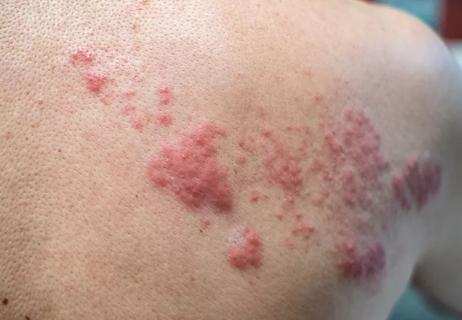
… place to play with relative ease).Flexibility (range of motion).Stability can be regained with strengthening and stretching.But there’s a “use it or lose it” factor for both flexibility and mobility. The more …

… of your tendons and muscles should be warm, so you don’t get injuries from a quick stretch or pull.”A warm-up includes some cardio to get the heart pumping blood throughout the body …

… and wrinkles thanks to vitamin E, which can improve elasticity and hydration.Additionally, jojoba oil helps fade stretch marks and scars.“Scars are typically made up of a different type of collagen that’s stimulated …

… from Ghana that had the virus.A person can get mpox from an infected animal through:Bites.Scratches.Contact with sores, blood or bodily fluids.It should be noted, too, that there has been a …
Advertisement
Cleveland Clinic is a non-profit academic medical center. Advertising on our site helps support our mission. We do not endorse non-Cleveland Clinic products or services. Policy

… Sugars can change the vaginal environment, creating an infection risk. They can also clump up and cause scratches.Synthetic oilsBaby oil and petroleum jelly (Vaseline®) can irritate delicate tissues, especially in your vagina.Avoid …

… could cause a complication during your flight.“On longer flights, you may need to get up to stretch your legs and avoid blood clots,” Dr. Ekman notes.When should you stop traveling when pregnant?Remember …

The relationship between chickenpox and shingles is a bit confusing at first. That’s because they’re caused by the same virus: varicella-zoster virus. It’s also because vaccines against both conditions are now …

If you have long hair, you’ve probably experienced the aggravation of running out of time to dry it before you head outside or fall into bed.But was your grandma right about the risks …

A case of COVID-19 appears to increase the risk of forming dangerous blood clots long after recovering from the infection, a cause-and-effect mechanism that could lead to a heart attack or stroke …

Spasticity is a neurological condition that disrupts muscle movement. Dystonia shares the same resume. In many ways, the two conditions resemble each other ― so much so that they can be difficult to tell apart.But …
Advertisement
Advertisement